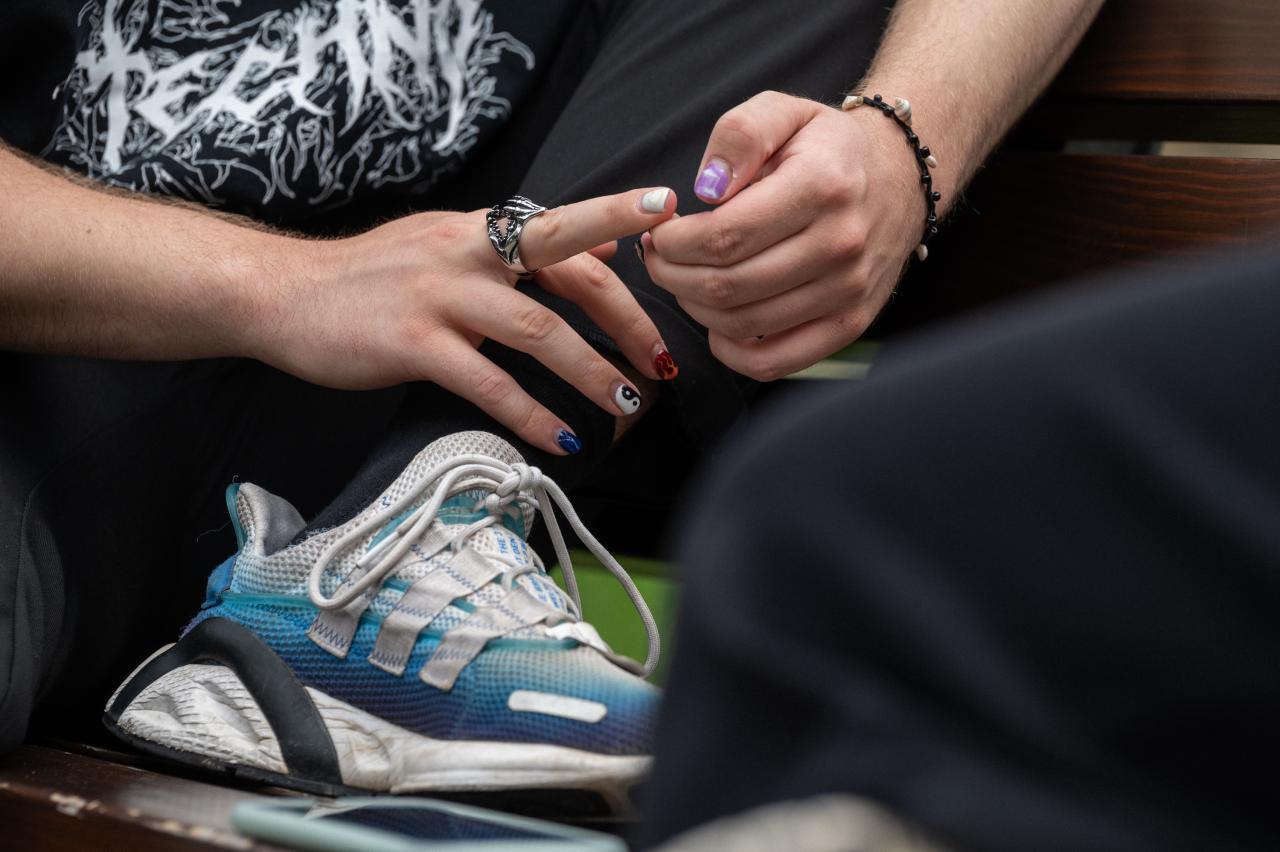
Listen to this article
The Journal-team looks back at 2021 - today with Sarah Raparoli. The past twelve months have been exciting, challenging and enriching, and they also mark our first digital birthday. To celebrate the occasion, each team member has chosen the piece whose research or production had the biggest impact on them in 2021.
The retrospective 2021 is provided to you free of charge. If you want to support our team, subscribe!
Our society is diverse. Colorful. Unique. That's exactly how it should be. Yet we are all pre-biased. Social constructs influence us. "As humans, we think it's great when things fit into categories. We find it reassuring and it gives us a sense of security. It seems less complex, but that's not how the world looks", explained Miriam-Linnea Hale, a PhD student at the University of Luxembourg, during our conversation about gender roles and gender stereotypes.
Because when the rose-colored glasses are put aside, it quickly becomes clear that we are not as open-minded as we like to pretend. We let ourselves be guided by stereotypes that don't have much to do with this partly feigned uniqueness. Fake because in the minds of some people still seems to be rooted the idea that a person read male is only male with short hair and a person read female is, according to this understanding, weak, fragile and responsible for the household.
"There are still many issues that need to be addressed and many voices that need to be heard and I will continue to try to do my part."
"Complete bullshit", Luxembourg rapper Maz replied to me at the time, shaking his head, when asked what he thought of such gender ideas. And I agree with him. We humans have to stop trying to put everything and everyone into categories. Of course, prejudices can help us find our way in the world. But they can also do harm and fuel hierarchical inequalities. Women are often not given much credit, men have to deal with their emotional world on their own.
Both assumptions are, to use Maz's words again, "complete bullshit". It was precisely this change in thinking that had a particular impact on me during my first year at Journal. I have learned to always question my views, to look beyond my little nose and to put myself in the shoes of my fellow human beings and look at the world from their eyes. I have become aware of my responsibility to give a voice to people who have something to say but have not been heard until now.
"It's exhausting work, you don't always feel like being the one who has to explain everything over and over again", Maz explained to me. "In the meantime, though, I like to be the person who calls others on it and explains that it doesn't work that way." A statement that has left its mark on me. The Lëtzebuerger Journal enables me to make people rethink and provide new food for thought. There are still many issues that need to be addressed and many voices that need to be heard and I will continue to try to do my part.





